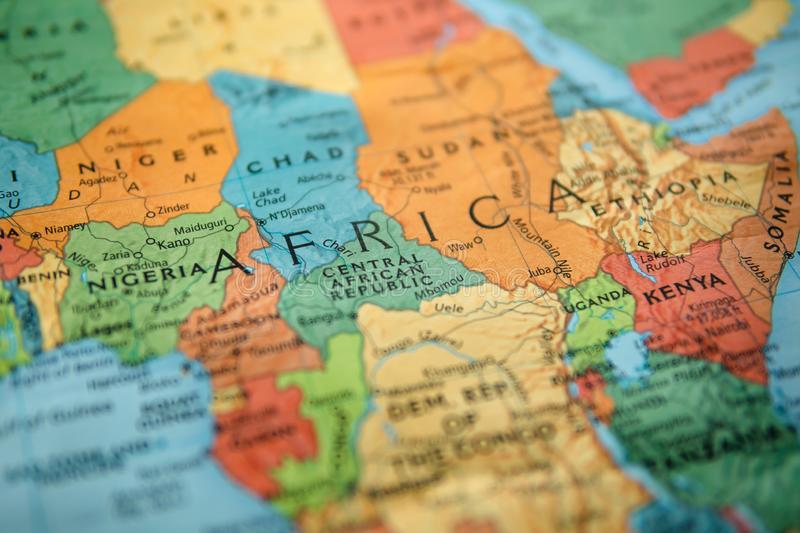Africa-Press – Eswatini. Initially, government had hoped to raise E10 billion through the Johannesburg Stock Exchange (JSE) to escape the long route associated with listing.
However, Parliament eventually settled for E4 billion, which has been welcomed by government as a good start in exploring new avenues to raise capital. The E4 billion bond was eventually listed last year and E400 million has been raised already, with three international banks having shown interest. These are South Africa’s heavyweights in the financial services sector being Absa Bank, Nedbank, and Standard Bank, with the latter two having a footprint in the Eswatini economy. Funds raised through this programme will be channelled towards capital projects, mainly infrastructure development. Government’s idea to tap into the JSE was conceived in 2018 and six years later, it has come to fruition. This was witnessed last Friday morning when the JSE team officially welcomed the Eswatini Government to the stock market through a ceremony known as the Ringing of the Bell.
Requirements
The Central Bank of Eswatini (CBE) Director of Financial Markets, Dr Melvin Khomo, explained that while everything eventually came together in the last two years, it has been a long, challenging yet worthwhile journey. “We learnt a lot of things along the way. We actually started the process in 2018, but the requirements to list on the JSE are quite onerous. One of the things that took us by surprise was that after presenting the idea to Cabinet and getting approval, we still had to go through Parliament. We know that Parliament is a different ball game altogether and you cannot have your own timelines. We drafted the Bill and went to the Parliament Finance Portfolio Committee about four times, to explain the rationale behind the programme and how it will benefit the economy,” he explained.
According to Dr Khomo, initially, they had advised government to start off with a listing of E10 billion, but Parliament eventually settled for E4 billion. When asked if the E10 billion would not have exposed the country to external financial risks when considering the small size of the Eswatini economy, Dr Khomo explained that listing a bond of E10 billion did not mean the funds would be acquired all at once. “The E10 billion would have been the size of the programme, meaning over time, government can borrow up to E10 billion. We were of the view that E10 billion was applicable after taking into consideration the size of government debt and the fact that listing is such a lengthy exercise. If you get approval for a bigger size, it means you don’t have to start the process afresh.
Process
‘‘Once the current programme of E4 billion is exhausted, we have to go back to Cabinet, Parliament and the JSE, which will take another longer period,” he said. Also touching on the journey towards listing the programme was the Governor, Dr Phil Mnisi, who said, despite the lengthy process, they are quite happy to have finally reached this point. “As advisors to government, we fully support this initiative and recommend the decision to raise funding in the JSE as opposed to the international Eurobond market, which most African countries have tapped into.
… why govt chose JSE
MBABANE – The JSE is not the only stock market that government considered when looking to raise finance. The Eurobond market, which are financial markets outside the domestic domain, were considered as well. However, the JSE proved to be the best option for the country. “If you look at what has been happening in the last couple of years, a lot of African countries have been tapping into the Eurobond market, but for us, we thought it’s much easier if we go to the JSE, mainly because it eliminates a huge currency risk.
“If we go through the Eurobond market, it means we are borrowing in foreign currency such as the Dollar, Euro, or Yen. What we have seen is that even though the cost of capital could be cheap, if you consider the interest rate, but you carry a huge foreign exchange risk exposure. Over time, we have seen risk ballooning the size of the debt. By virtue of our currency being pegged at par with the Rand, we considered the JSE as the most viable.’’ Dr Khomo explained.
For More News And Analysis About Eswatini Follow Africa-Press







